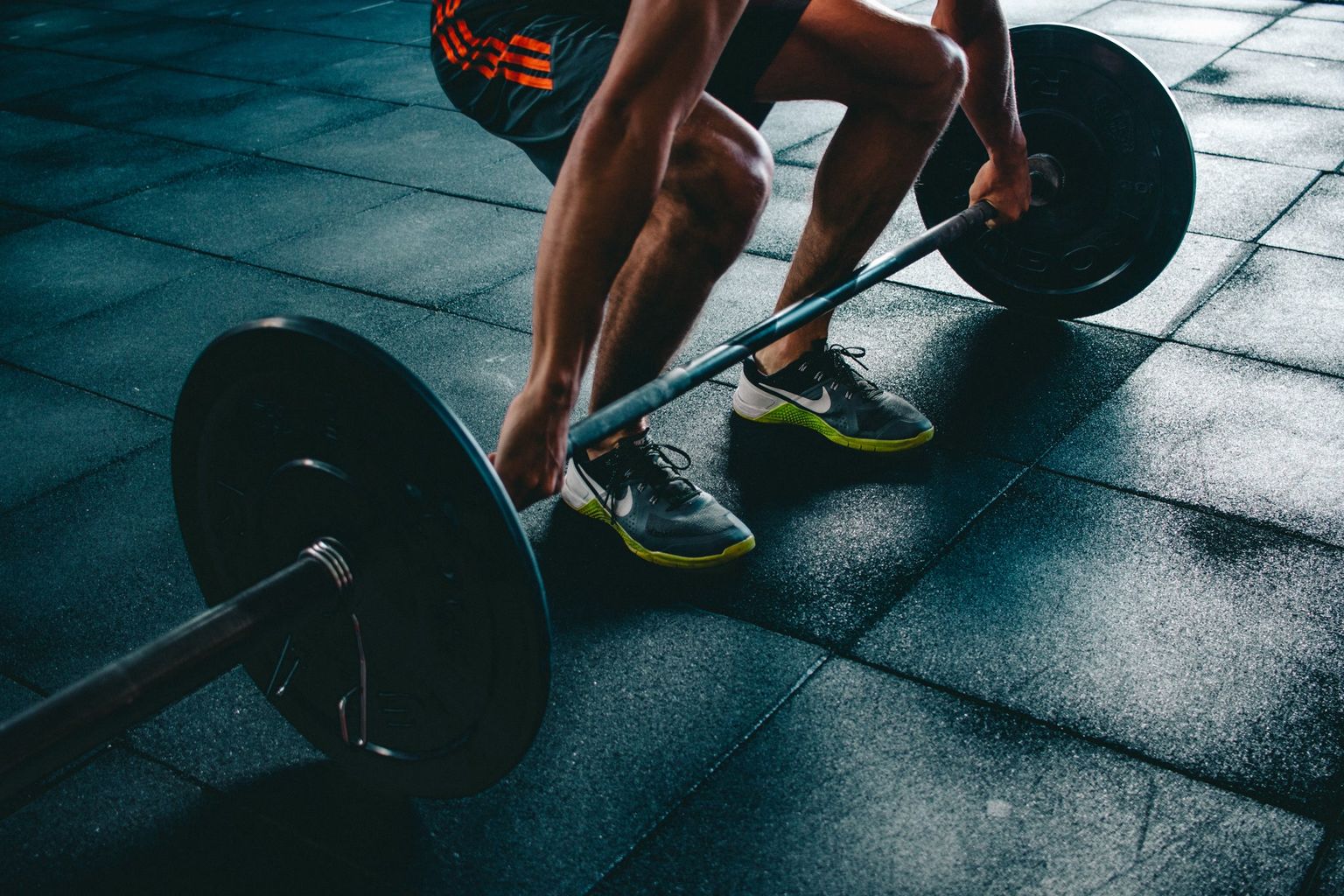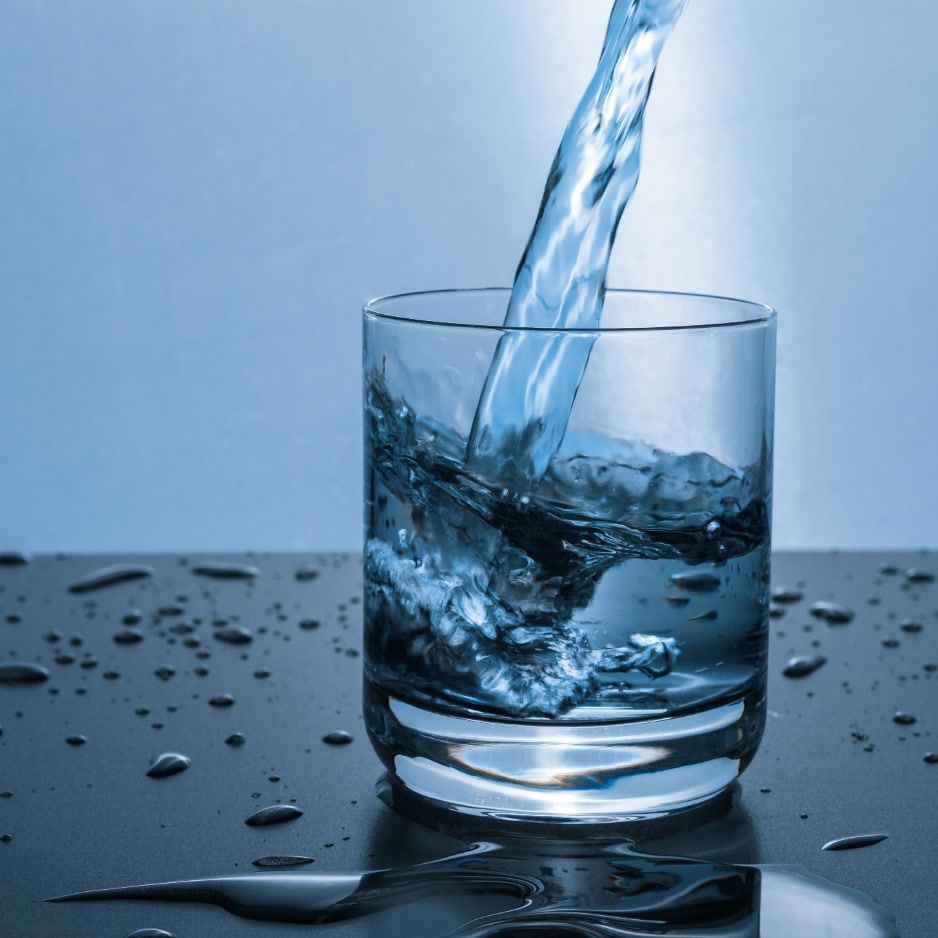Fueling for Long-Distance Events: Marathon Nutrition Strategies

Preparing for Endurance Challenges
Preparing for endurance challenges such as marathons is vital for athletes looking to excel in their performance. Adequate nourishment plays a role in determining whether one achieves a personal best or fails to complete the race successfully. To maintain energy levels, it is essential to pay attention to your pre event, during event and post event dietary choices.
Pre-Event Nutrition
Leading up to the marathon event is the time to focus on stocking up your energy reserves by "loading." Carbohydrates play a role as the main fuel source for your body and are stored as glycogen in your muscles and liver. You should aim to increase your carbohydrate consumption to around 70% of your calorie intake in the days preceding the race. Not by eating more food in total, but by adjusting the proportion of carbs in your diet. Some great options are pasta, rice, bread, and potatoes. Don't forget to keep yourself hydrated by drinking lots of water and opting for drinks with electrolytes to ensure your body stays balanced.
Race Day Breakfast
On the morning of the marathon race day, enjoy a breakfast with plenty of carbohydrates. You can opt for a bagel with peanut butter, a banana, or a bowl of oatmeal. Consume this meal 2 to 3 hours prior to the race to allow your body ample time to digest it. Steer clear of fat or high fiber foods as they might lead to digestion problems while running. Remember to keep yourself hydrated by sipping on water or an electrolyte beverage throughout the event.

During the Event
Throughout the marathon race, your body will use up its glycogen reserves, so it's crucial to replenish the body with energy sources. Try to consume around 30 to 60 grams of carbohydrates every hour. You can acquire these nutrients from energy gels, chewy candies, or sports drinks. These products are designed to be readily digested and provide quick energizing fuel. Test using them during your training runs to identify what works well for you. Additionally, continue drinking water or an electrolyte-infused beverage to avoid dehydration, especially in case it's a hot sunny day.
Post-Race Recovery
Once you've completed the race and crossed the finish line successfully, it's important to focus on your recovery. Your muscles will have used up a lot of energy (glycogen) during the race. Now they need to be replenished. To kickstart this process within the half hour of finishing your race, it's recommended to have a snack or meal that contains both carbohydrates and protein in a ratio of around 3 parts carbs to 1 part protein. Great options for this include indulging in some chocolate milk, devouring a turkey sandwich, or enjoying a smoothie made with fruit and yogurt. Staying hydrated is also vital at this point, so make sure to keep sipping water throughout the post-race period along with perhaps an electrolyte drink for added balance.
Post-Race Nutrition
After the marathon is over, make sure to maintain a rounded diet rich in carbs and proteins to aid in muscle recovery and alleviate any soreness you may be feeling. Listen to your body and eat as your appetite increases from all the energy you've burned during the race.
Conclusion
By sticking to these tips and tricks, you'll set yourself up for success in conquering the hurdles of running a marathon. Keep in mind that each athlete is unique. It's crucial to discover what suits you best by experimenting during your training sessions. With nourishment, you'll be well on your path to reaching your objectives in long-distance running.


